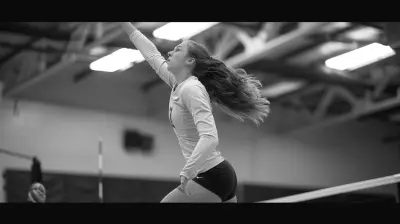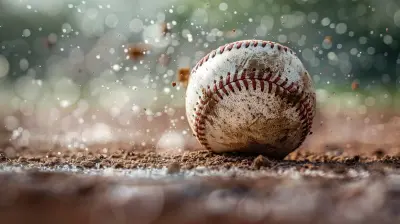The Role of Wrestling Coaches: Mentors, Strategists, and Motivators
12 June 2025
When you think of wrestling, you might picture fierce takedowns, grueling training sessions, and athletes grappling with intensity. But behind every successful wrestler stands someone crucial, often overlooked — the coach. Wrestling coaches wear many hats, and believe me, they juggle them all with impressive precision. They're not just trainers blowing whistles or shouting from the sidelines. No, their role dives much deeper.
Let’s break down how wrestling coaches shape the sport and the individuals who compete in it.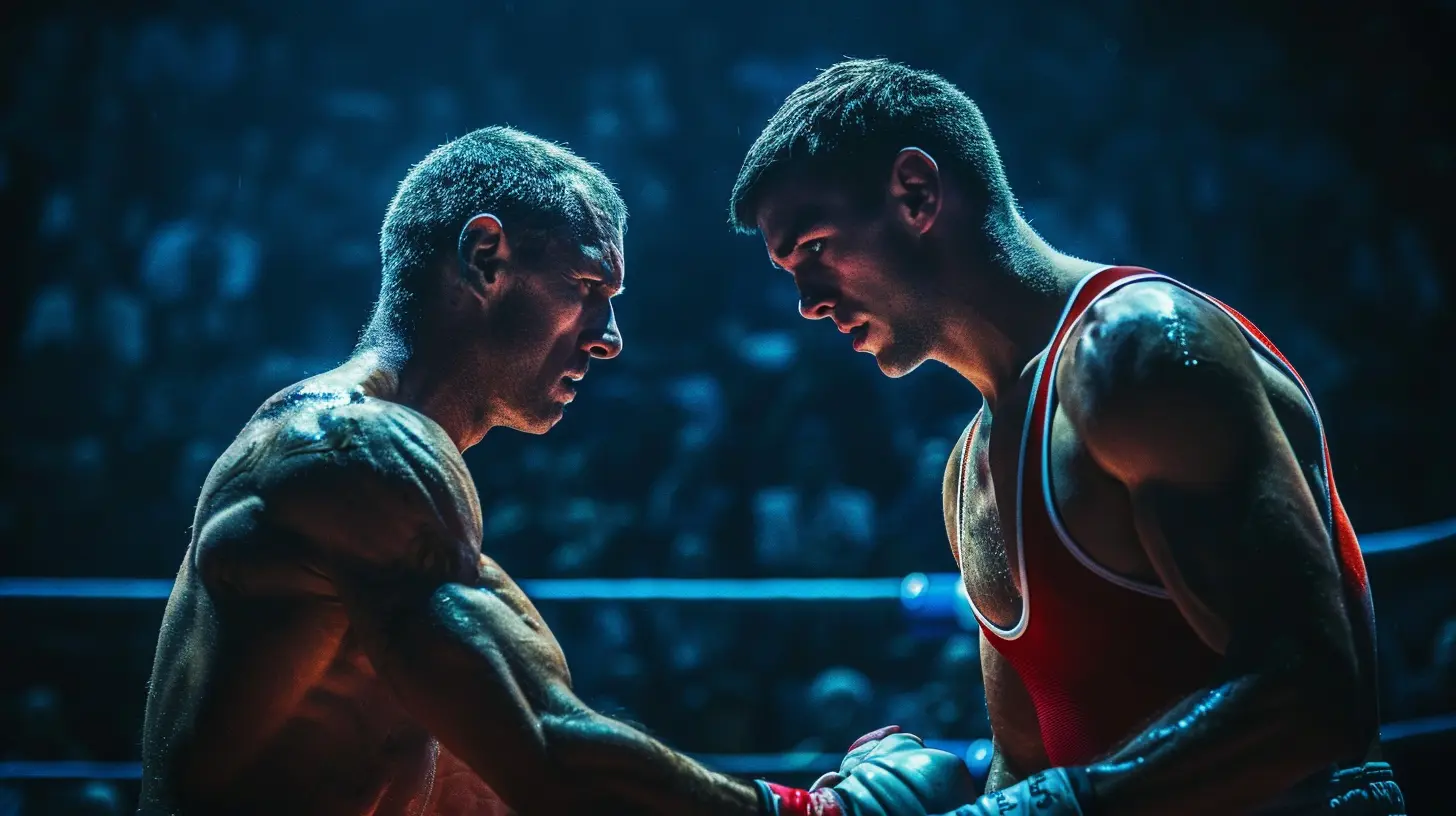
The Coach as a Mentor: More Than Just Technique
Let’s start with the heart of it all — mentorship. A wrestling coach isn’t just teaching moves and counters; they’re guiding young athletes through some of the most formative stages of life.Guiding Wrestlers On and Off the Mat
Wrestling is a demanding sport, both physically and mentally. Coaches step in as life mentors, helping athletes build discipline, resilience, and confidence. Teenagers, especially, need someone who believes in them when things get tough. Coaches become that steady voice of reason, pushing them when they need a kick and supporting them when they feel like giving up.Have you ever seen a wrestler lose a match they were sure they’d win? It's crushing. But a good coach uses that moment. They’ll say, “Alright, let’s unpack this. What did we learn?” That’s mentorship — using setbacks to build something better.
Character Over Championships
Sure, every coach wants their athlete to win state or go national, but great coaches focus on molding character first. The trophy case is nice, but it’s the testimonials from grown athletes saying, “Coach changed my life,” that really matter.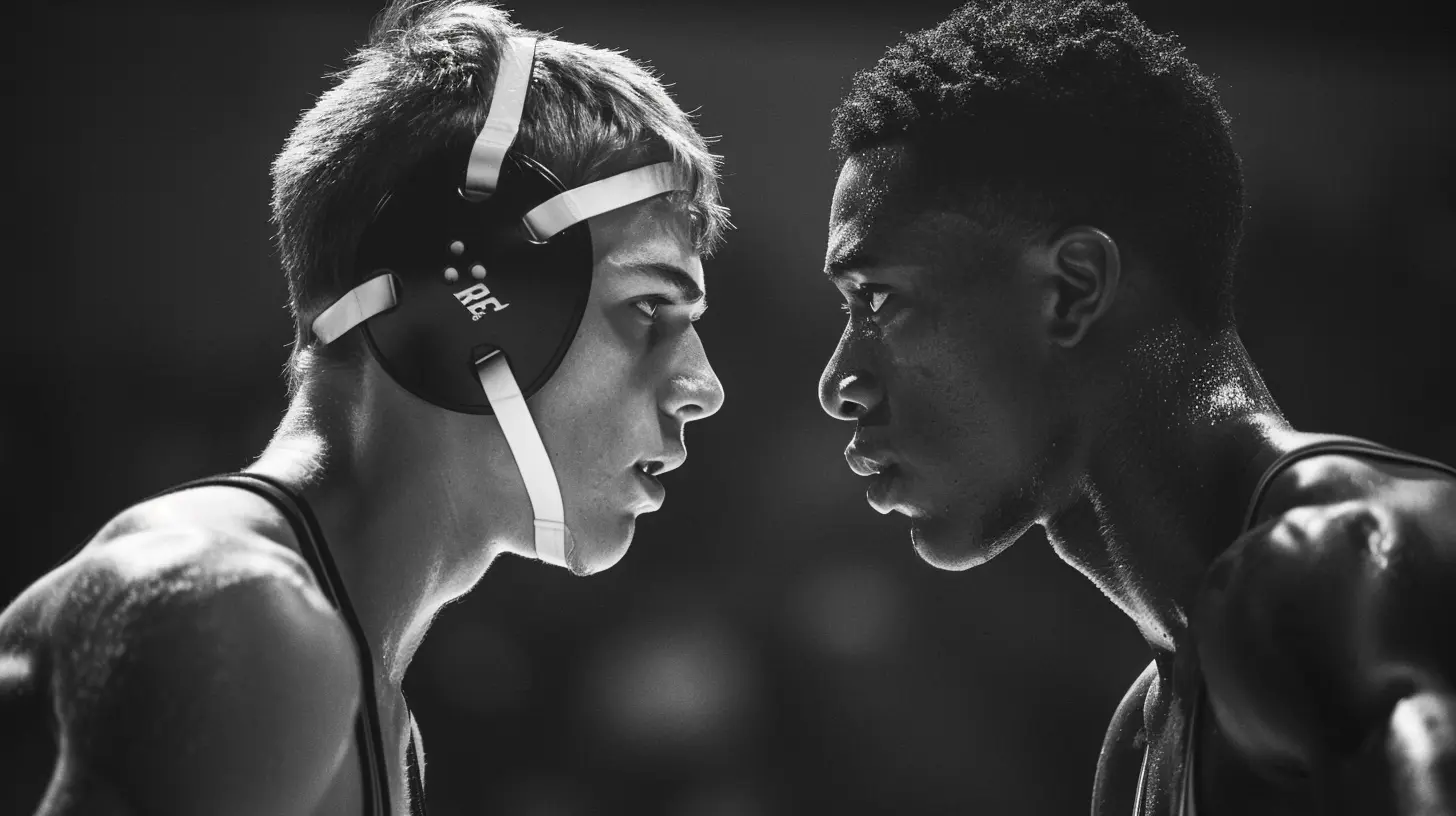
Strategy Behind the Stance: Coaches as Tacticians
Wrestling might look like pure strength and speed on the surface, but look closer — it's a cerebral chess match. And the coach? They’re the grandmaster.Breaking Down Opponents Like a Puzzle
Before a big match, coaches dive into film study. They analyze opponents’ stances, takedown tendencies, escape patterns — literally everything. Then they craft a game plan like a military strategist preparing for battle.Think of it this way: a wrestler’s body is the weapon, but the coach is the one who teaches them where, when, and how to strike.
Adapting Tactics on the Fly
No plan survives first contact with the opponent, right? That’s why coaches stay sharp during matches. If they see something going south — maybe their wrestler’s struggling with an underhook — they shout quick fixes. “Get your hips back!” or “Change your level!”These moments can change the tide of a match instantly.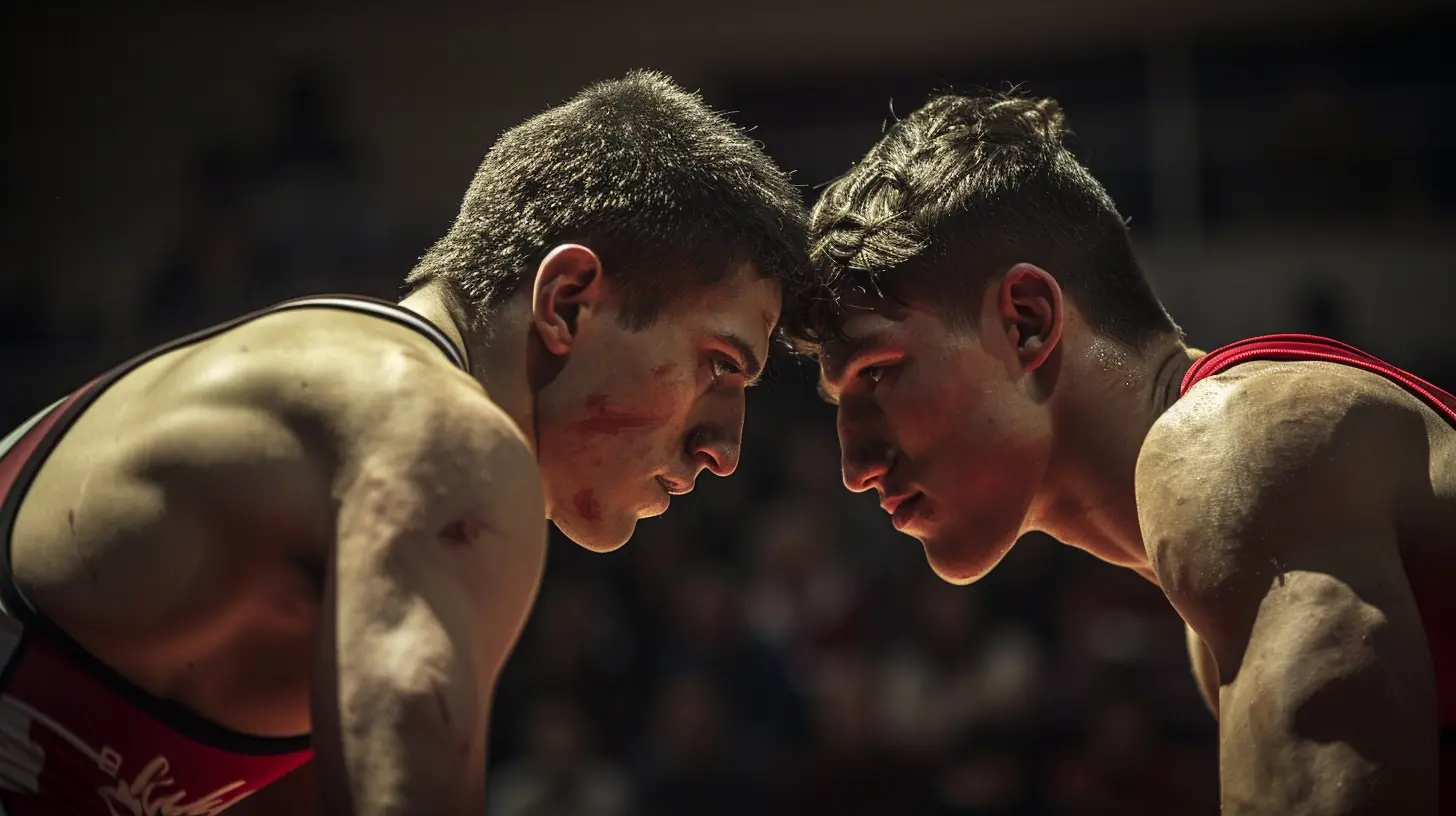
The Motivational Engine: Fueling the Fire Within
Wrestling is brutal. There’s no bench to hide on, no teammate to pass the ball to — it’s you and your will power. That’s where coaches become motivators.Lighting a Fire When Things Get Cold
Ever seen someone cutting weight mid-season, tired of running on empty and dragging through practice? It’s easy to quit in those moments. But the right coach knows how to reignite that inner fire.They remind athletes why they started. They paint the bigger picture. “Remember how bad you wanted this four months ago? That version of you is still inside. Let’s reconnect with them.”
Celebrating Small Wins
Sometimes motivation isn’t about an impassioned speech — sometimes, it's as simple as a fist bump after a tough drill or a nod of approval after a clean takedown.The best coaches know when to pull you up and when to push you forward. They strike that balance effortlessly.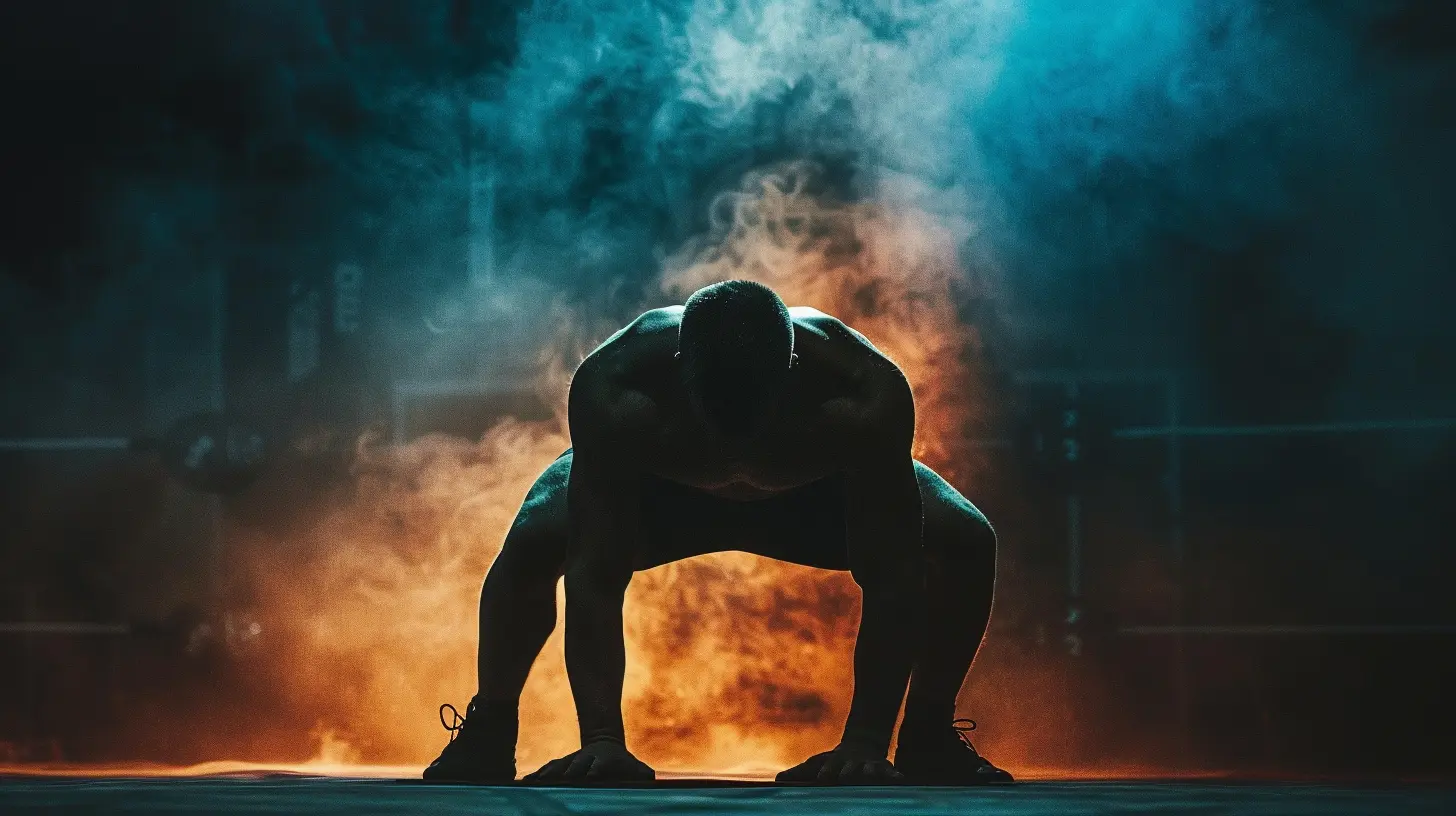
Communication: The Foundation of Every Coach-Athlete Relationship
Great communication is a massive part of coaching — and it's way more than just yelling instructions.Listening as Much as Teaching
It’s easy to assume coaches are the ones doing all the talking, but the best ones? They listen. They'll ask their athletes questions like, “How are you feeling?” or “What’s going through your head before the match?”Wrestling is personal. When a coach listens, it shows they care not just about performance — but about the person.
Tailoring the Message
Not every athlete responds the same way. Some need tough love. Others need encouragement. Some want detailed breakdowns, while others might get overwhelmed. A smart coach adapts.If you’re a coach and you treat every wrestler the same, you might reach one or two. But if you adjust your message, you can impact an entire room.
Emotional Intelligence: Managing High-Stress Situations
It’s easy to coach when things are going well. But matches get messy, tempers flare, and pressure builds — that’s where emotional intelligence comes in.Keeping Cool Under Pressure
A coach’s reaction often sets the tone for the entire team. A calm coach calms the athlete. A panicked coach? They just pour gas on a fire.Even in the heat of competition, great coaches maintain composure, offering clarity when chaos hits.
Handling Wins and Losses Gracefully
Winning is easy. Losing? That’s where coaching shines. A loss can break an athlete — unless the coach helps them process it constructively.“You didn’t fail,” they’ll say. “You just found out what doesn’t work. Now we fix it.”
Talent Development: Recognizing and Nurturing Potential
Not every wrestler steps onto the mat a prodigy. Many need years to bloom. Coaches are skilled at seeing that hidden potential.Seeing What Others Miss
Some athletes don’t stand out right away. But a sharp coach notices the gritty kid who stays after to drill. They see the spark in the quiet one who never complains. Talent isn’t always loud — sometimes, it whispers.Good wrestling coaches listen for those whispers.
Long-Term Development Over Short-Term Glory
Chasing instant results often leads to burnout or plateau. Smart coaches invest in long-term development. That means focusing on fundamentals, building gas tanks, and teaching wrestling IQ — even if it means losing a few early matches.Because those athletes? They peak at the right time — when it matters.
Building a Culture: More Than Just Practice Rooms
Every championship team is built on culture. Coaches play the leading role in setting that tone.Instilling Work Ethic and Accountability
Want your team to show up early, leave late, and work like maniacs? It starts with the coach. They lead by example — staying after to help, showing up prepared, never cutting corners.When athletes see that, they buy in.
Creating Team Unity in an Individual Sport
Wrestling is a solo sport… kind of. In practice and competition, it feels personal. But a good coach builds a team environment where athletes root for each other and push one another to be better.They turn “me” into “we.”
Lifelong Impact: The Coach-Athlete Bond
Ask almost any former wrestler about the biggest influence in their career, and chances are they’ll mention their coach. That bond runs deep.Lessons That Last Beyond the Mat
Wrestling teaches toughness — but it’s the coach who shows you how to carry that toughness into life. Into job interviews. Into failed relationships. Into tough parenting moments.A coach’s voice becomes your inner voice — the one that says “Get back up” long after the singlet’s been hung up.
Staying Connected for Life
The best part? That relationship doesn’t end after graduation. Wrestlers still call their coaches for advice, life decisions, or just to say thanks. Coaches become family.And that, right there, is the true legacy of a great wrestling coach.
Final Thoughts: Coaches Are the Cornerstones of Wrestling
If wrestling is a war zone, then coaches are the generals. They guide, teach, push, and protect. They’re tacticians during matches, mentors off the mats, and the emotional backbone of every wrestler they lead. Their influence ripples far beyond seasons and scoreboards.So next time you see a wrestler’s hand raised, remember — behind that moment is a coach who believed, planned, and poured everything into getting them there.
Not all heroes wear capes. Some wear whistles.
all images in this post were generated using AI tools
Category:
WrestlingAuthor:

Frankie Bailey
Discussion
rate this article
2 comments
Zaid Baxter
This article beautifully captures the multifaceted role of wrestling coaches. Their dedication as mentors and strategists not only shapes athletes’ skills but also instills perseverance and confidence. A coach’s impact goes beyond the mat, fostering growth that lasts a lifetime. Great read!
November 9, 2025 at 9:27 PM

Frankie Bailey
Thank you for your thoughtful comment! I'm glad you found the article resonant and appreciated the essential role of wrestling coaches in shaping both athletes and their personal growth.
Vesperos Sheppard
Wrestling coaches are truly the backbone of the sport, shaping not just athletes but resilient individuals. Their guidance and passion inspire greatness both on and off the mat.
June 22, 2025 at 7:34 PM

Frankie Bailey
Thank you for your insightful comment! Coaches indeed play a pivotal role in developing both athletes and their character, inspiring resilience and excellence in all aspects of life.

